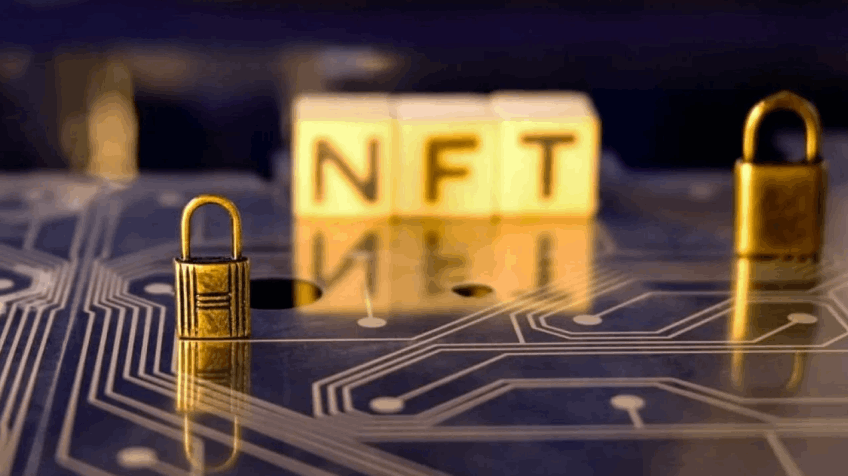Stay Informed on Crypto Security
Keeping up with crypto security trends is crucial in today’s digital landscape. Our blog covers the latest threats, hardware wallet innovations, and best practices for hardware storage. Learn how to protect your NFTs from phishing scams and why offline hardware crypto storage is unbeatable. We also review new blockchain technologies and explain complex security concepts in simple terms. Whether you're a beginner or a pro, our insights will help you stay ahead of hackers.

Why Choose Hardware Wallets?
In the world of cryptocurrency, security is non-negotiable. Hardware wallets provide the strongest protection against hackers and malware. Unlike software wallets, they store private keys offline in hardware storage, making them immune to remote attacks. Even if your computer is infected, your crypto remains secure. This is why experts recommend hardware crypto storage for long-term holdings.

Cold vs. Hot Wallets
When storing cryptocurrency, you must choose between cold and hot wallets. Hot wallets are connected to the internet, making them convenient but risky. Cold wallets, like hardware storage, keep keys offline for maximum security. This fundamental difference impacts safety, accessibility, and long-term viability.

Securing NFTs Properly
NFTs represent valuable digital art, collectibles, and virtual assets. Unlike cryptocurrencies, they’re often targeted due to their uniqueness. Storing NFTs securely requires hardware wallets designed for blockchain-based ownership. Without proper protection, you risk losing your investments to scams or theft.
